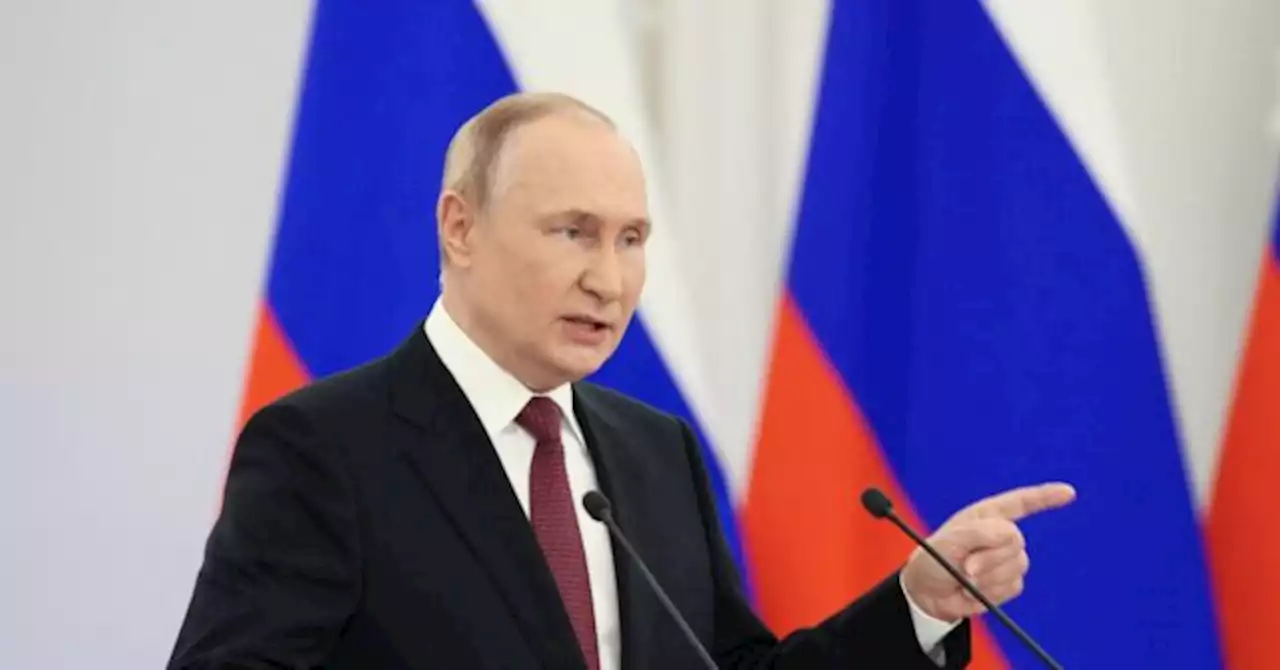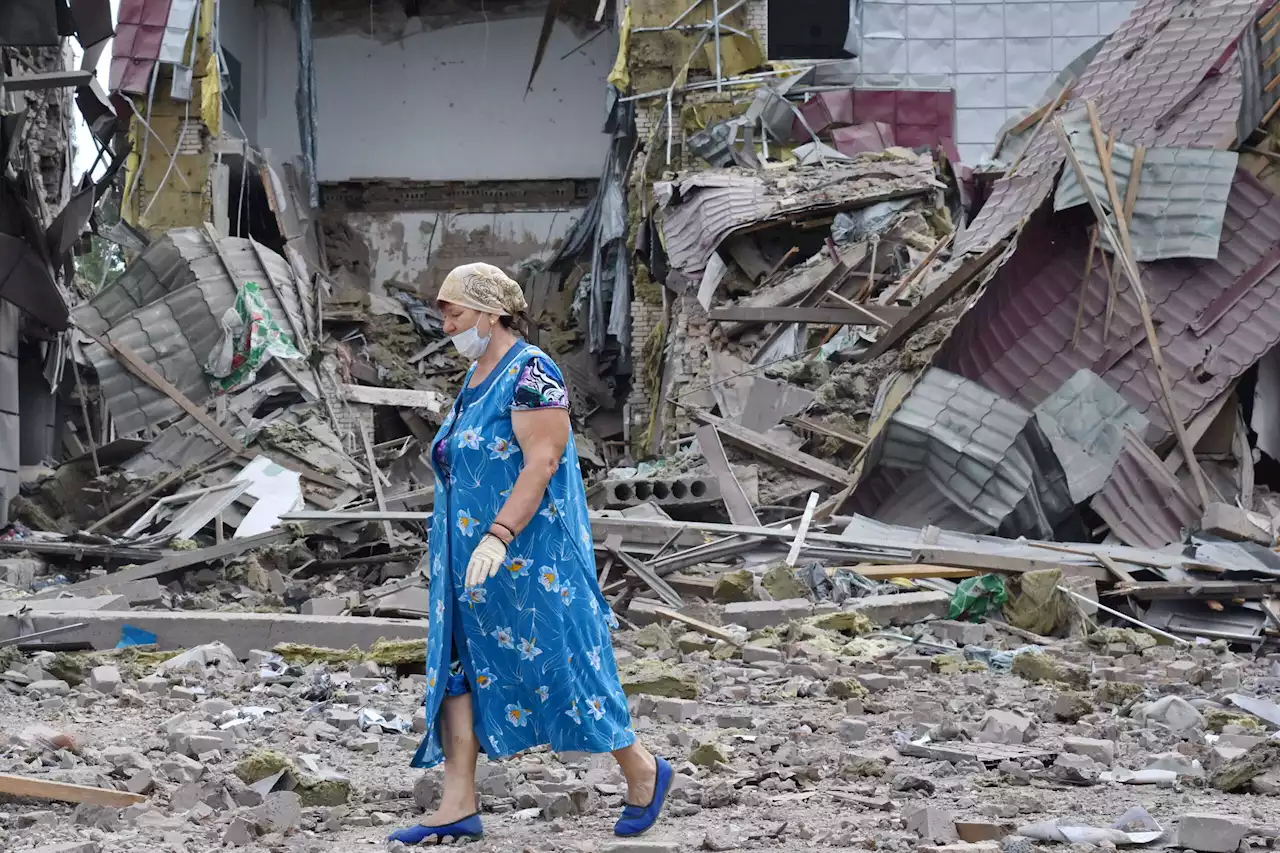The war between Ukraine and Russia has highlighted the importance of body armor for soldiers, and the deadly consequences when it is lacking.
Body armor is something Golden-based CoorsTek knows well. It has produced ceramic plates used to protect soldiers from bullets and shrapnel since the 1960s, and also makes ceramic plates to protect aircraft.The company, better known for manufacturing parts used in automobiles and hip replacements, will become the dominant player in the niche after closingin Lexington, Ky., from Avon Protection.
The acquisition follows significant investments CoorsTek made to boost manufacturing capacity at a ceramic plate plant it owns in Benton, Ark. “We saw it as a great opportunity to make sure we have the capabilities as well as the production output to meet the demand of the U.S. Army,” said Tim Haen, vice president of aerospace and defense at CoorsTek. “It is our strategic intent to make sure we have the appropriate material and construction capabilities to support soldier protection.”
Ceramic plates cause bullets or shrapnel to disperse on impact, while a component woven into the back of the plates protects a wearer from the fragments. CoorsTek doesn’t make the complete armor, only the plates, but the company’s material science advances over the years have created materials that are both more resistant and lighter, a key consideration on the battlefield.
The Lexington plant has had a string of owners over the years, including defense company Ceradyne, which was acquired by 3M in 2012. In 2019, 3M sold its ballistic protection line to a British company, Avon Rubber, parent of Avon Protection. Avon Protection in turn agreed to sell the plant to CoorsTek last December.
United States Latest News, United States Headlines
Similar News:You can also read news stories similar to this one that we have collected from other news sources.
 History As It Happens: Whole and Free: NATO and UkraineThere's been talk of Ukraine possibly joining NATO since the early years of post-Cold War Europe, but it never happened. And the allies aren't quite ready to go ahead with membership now, as evidenced by their vaguely-worded commitment issued at the Vilnius summit 'to extend an invitation to Ukraine to join the Alliance when Allies agree and conditions are met.' From the moment the post-Soviet world started coming into view, when and where NATO should expand has aggravated relations between the U.S. and Moscow. When it came to Ukraine, the country got the worst of both worlds: it was left on the wrong side of Europe's dividing line and Russian leaders were angered by the mere idea of Ukraine entering NATO. In this episode, historian Jeffrey Engel discusses the origins of today's debate about Ukraine's future, whose circumstances could compel the U.S. and its European allies into direct conflict with Russia.
History As It Happens: Whole and Free: NATO and UkraineThere's been talk of Ukraine possibly joining NATO since the early years of post-Cold War Europe, but it never happened. And the allies aren't quite ready to go ahead with membership now, as evidenced by their vaguely-worded commitment issued at the Vilnius summit 'to extend an invitation to Ukraine to join the Alliance when Allies agree and conditions are met.' From the moment the post-Soviet world started coming into view, when and where NATO should expand has aggravated relations between the U.S. and Moscow. When it came to Ukraine, the country got the worst of both worlds: it was left on the wrong side of Europe's dividing line and Russian leaders were angered by the mere idea of Ukraine entering NATO. In this episode, historian Jeffrey Engel discusses the origins of today's debate about Ukraine's future, whose circumstances could compel the U.S. and its European allies into direct conflict with Russia.
Read more »
 Biden’s deplorable OK of cluster bombsPresident Biden’s decision to send controversial cluster munitions to Ukraine is concerning for several reasons.
Biden’s deplorable OK of cluster bombsPresident Biden’s decision to send controversial cluster munitions to Ukraine is concerning for several reasons.
Read more »
 NSA Jake Sullivan defends U.S’ 'moral authority' to send cluster bombs to UkraineNational Security Adviser Jake Sullivan defends the Biden administration’s decision to send cluster munitions to Ukraine in a U.S. military aid package amid pushback from some congressional Democrats.
NSA Jake Sullivan defends U.S’ 'moral authority' to send cluster bombs to UkraineNational Security Adviser Jake Sullivan defends the Biden administration’s decision to send cluster munitions to Ukraine in a U.S. military aid package amid pushback from some congressional Democrats.
Read more »
 Biden's sorry message to UkraineA Glen Ellyn letter to the editor: President Biden's decision to send cluster bombs to Ukraine to shore up their failing counteroffensive is despicable.
Biden's sorry message to UkraineA Glen Ellyn letter to the editor: President Biden's decision to send cluster bombs to Ukraine to shore up their failing counteroffensive is despicable.
Read more »
 Putin Warns of 'Reciprocal' Use of Cluster Bombs in UkrainePresident Vladimir Putin said Russia 'reserves the right' to deploy cluster bombs if Ukraine uses the weapons supplied by President Biden.
Putin Warns of 'Reciprocal' Use of Cluster Bombs in UkrainePresident Vladimir Putin said Russia 'reserves the right' to deploy cluster bombs if Ukraine uses the weapons supplied by President Biden.
Read more »
 Resisting the Shock Doctrine: A Conversation on Ukraine, Debt and ReconstructionThree experts contextualize Ukraine's struggle as part of a global movement against neoliberalism and debt.
Resisting the Shock Doctrine: A Conversation on Ukraine, Debt and ReconstructionThree experts contextualize Ukraine's struggle as part of a global movement against neoliberalism and debt.
Read more »
